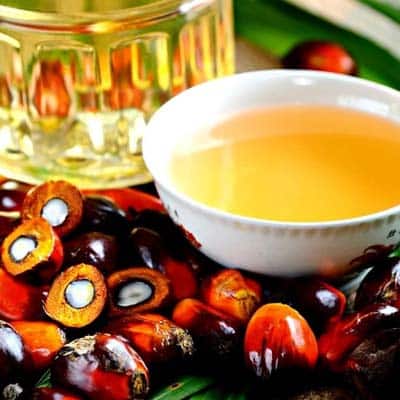Description
Malaysia and Indonesia are the two largest producers and exporters of palm oil globally. Here are key points regarding palm oil production in these countries:
Malaysia:
- Production Volume: Malaysia is one of the world’s leading producers of palm oil. The country has a significant palm oil industry that contributes substantially to its agricultural economy.
- Cultivation Areas: Palm oil plantations in Malaysia are widespread and cover large areas, particularly in states like Sabah and Sarawak on the island of Borneo and in peninsular Malaysia.
- Types of Oil Palm: The predominant oil palm species cultivated in Malaysia is Elaeis guineensis.
- Economic Contribution: Palm oil is a major contributor to Malaysia’s export earnings and GDP. The industry provides employment for a significant number of people, both in plantation activities and in downstream processing.
- Sustainability Initiatives: Malaysia has made efforts to address sustainability concerns related to palm oil production. The Malaysian Palm Oil Certification Council (MPOCC) introduced the Malaysian Sustainable Palm Oil (MSPO) certification to promote sustainable practices.
Indonesia:
- World’s Largest Producer: Indonesia is the largest producer of palm oil globally, surpassing Malaysia in terms of production volume. The country has extensive oil palm plantations across various regions.
- Plantation Expansion: Indonesia has experienced significant expansion of oil palm plantations, sometimes leading to environmental concerns, including deforestation and habitat loss.
- Economic Impact: Similar to Malaysia, palm oil plays a crucial role in Indonesia’s economy, contributing to export revenues and providing employment opportunities.
- Oil Palm Varieties: Elaeis guineensis is the primary species of oil palm cultivated in Indonesia.
- Sustainability Challenges: Indonesia has faced challenges related to sustainable palm oil production, and efforts have been made to address environmental and social concerns. Initiatives like the Indonesian Sustainable Palm Oil (ISPO) certification aim to promote sustainable practices.
- Government Policies: The Indonesian government has introduced policies to regulate the palm oil industry, including commitments to sustainable practices and environmental conservation.
Challenges:
- Environmental Concerns: Both Malaysia and Indonesia have faced criticism for environmental issues associated with palm oil production, including deforestation, biodiversity loss, and greenhouse gas emissions.
- Sustainability Certification: Efforts have been made in both countries to promote sustainable practices through certification programs, but achieving widespread compliance remains a challenge.
- Global Market Dynamics: The palm oil industry in both countries is influenced by global market dynamics, including demand fluctuations, trade policies, and consumer preferences.















Reviews
There are no reviews yet.